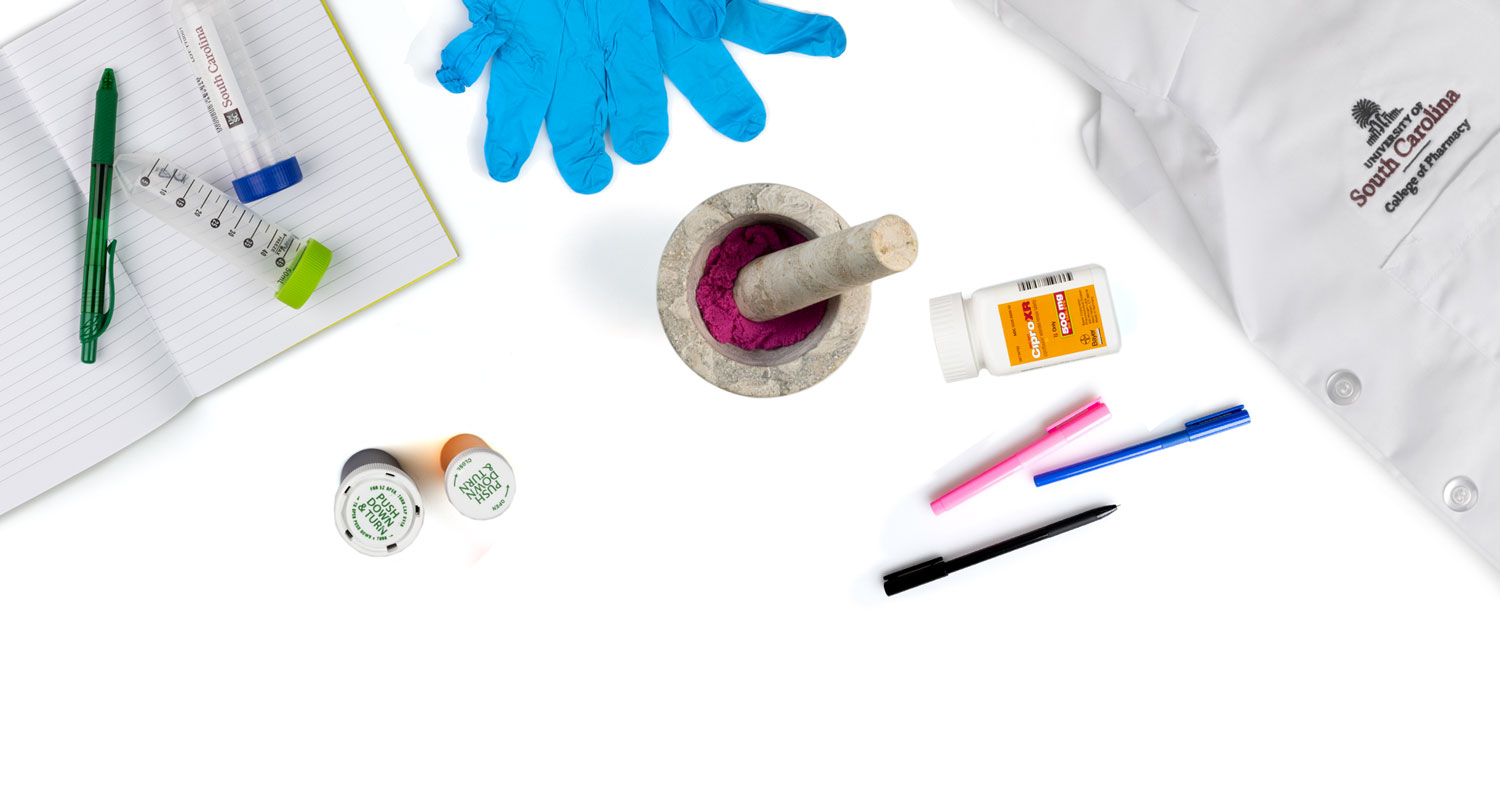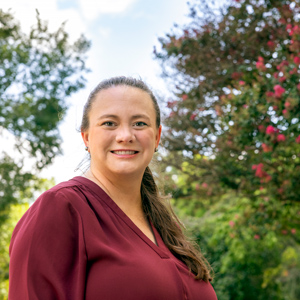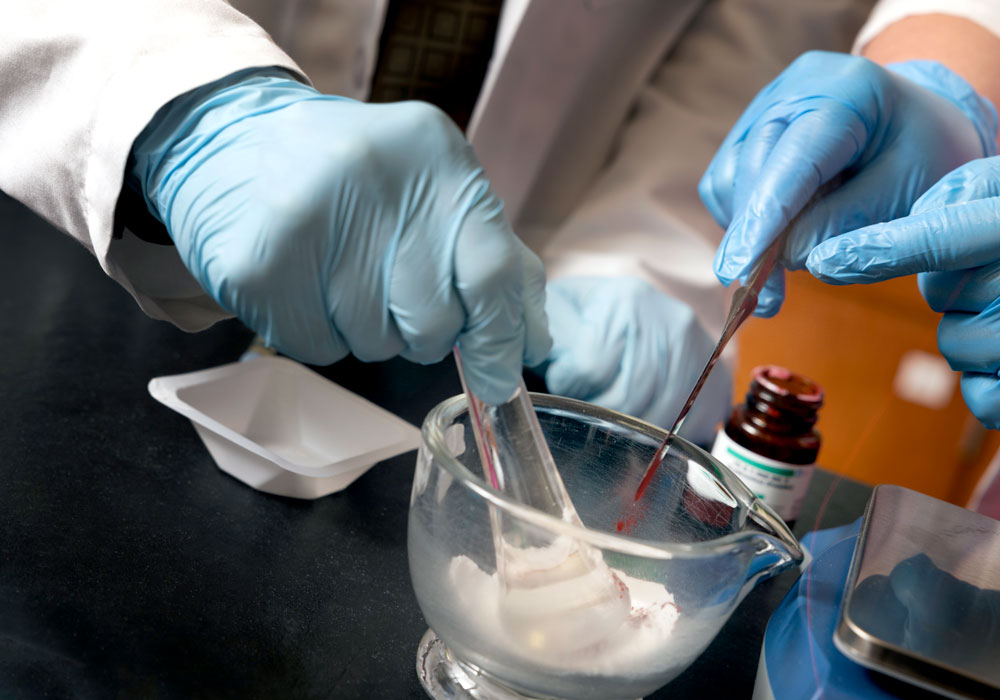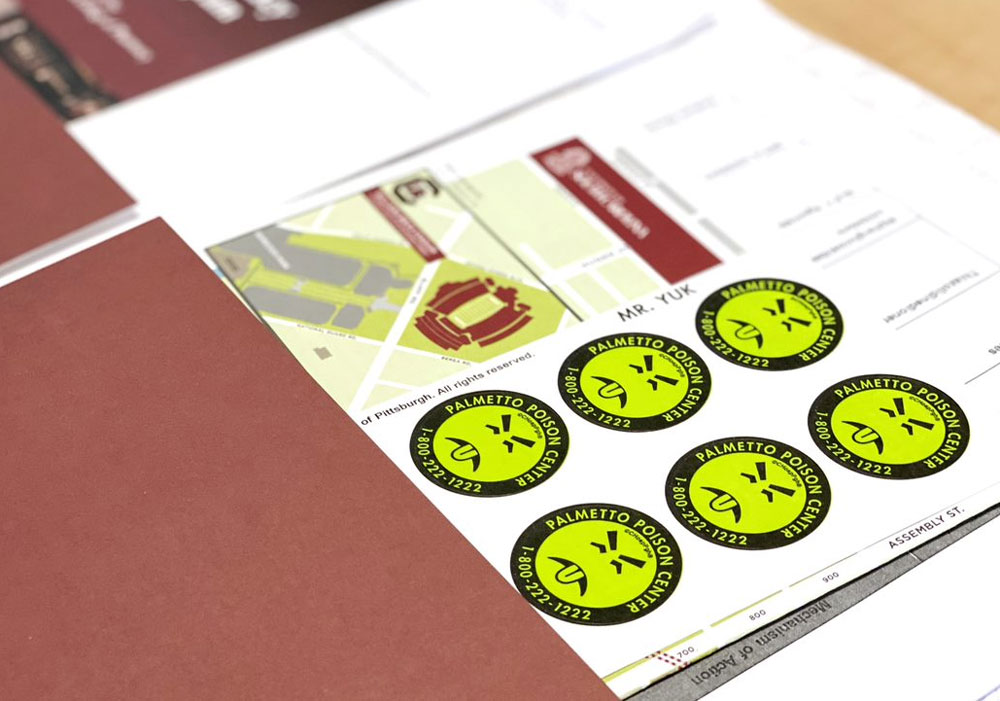
College of PharmacyAt a Glance
The University of South Carolina College of Pharmacy is training the nation’s next generation of pharmacists and health scientists. In addition to providing an ACPE-accredited pharmacy education, our school is leading clinical, entrepreneurial and research efforts designed to boost South Carolina’s health outcomes and communities our graduates go on to serve.
Students are well-prepared for traditional and nontraditional pharmacy settings within one-of-a-kind centers, labs and experiences. Our faculty and staff are internationally renowned for clinical innovation, patient care and for empowering pharmacy students to transform health care globally.
-

Board of Trustees updated on USC's comprehensive brain health initiative
Sarah Kirby, USC’s associate vice president for clinical affairs, briefed the Board of Trustees on Friday (Feb. 20) on the university’s efforts to develop a comprehensive system of care that could transform health care in the state — a statewide network of brain health clinics, a brain health center and South Carolina’s first stand-alone neurological and rehabilitation hospital.
-

Finding new uses for old drugs
Longer lifespans mean more diagnoses of Alzheimer’s and other dementias. Researchers at USC’s College of Pharmacy are combining their expertise in data science, artificial intelligence and pharmacology to identify potential connections between existing treatments for chronic illnesses and neurocognitive disease.
-

Carolina Day 2026 at the State House highlights USC's impact
University of South Carolina alumni and advocates will gather at the S.C. State House for Carolina Day Feb. 17 to demonstrate how the state flagship is building momentum in producing a more prosperous and healthier South Carolina.
-

Clinical Practice Teaching Award: Megan Tran
It would be a stretch to say that playing the clarinet led to Megan Tran’s career as a pharmacist — but not much of one. In high school, Tran — now a clinical assistant professor at the College of Pharmacy — played the clarinet and the tenor sax. Playing in the marching band was a big reason the Clover, South Carolina, native came to USC, and she considered a career as a band director. But an aunt encouraged her to keep an open mind about career options, and Tran ended up falling in love with pharmacy.

Disease Fighters
Our faculty includes top researchers in areas such as cancer treatment, pharmaceutical chemistry, genomics, neuroscience and pharmacology. In centers such as the COBRE Center for Targeted Therapeutics, talented junior scientists are collaborating to develop new and more effective classes of drugs used to combat disease.
RESEARCH


